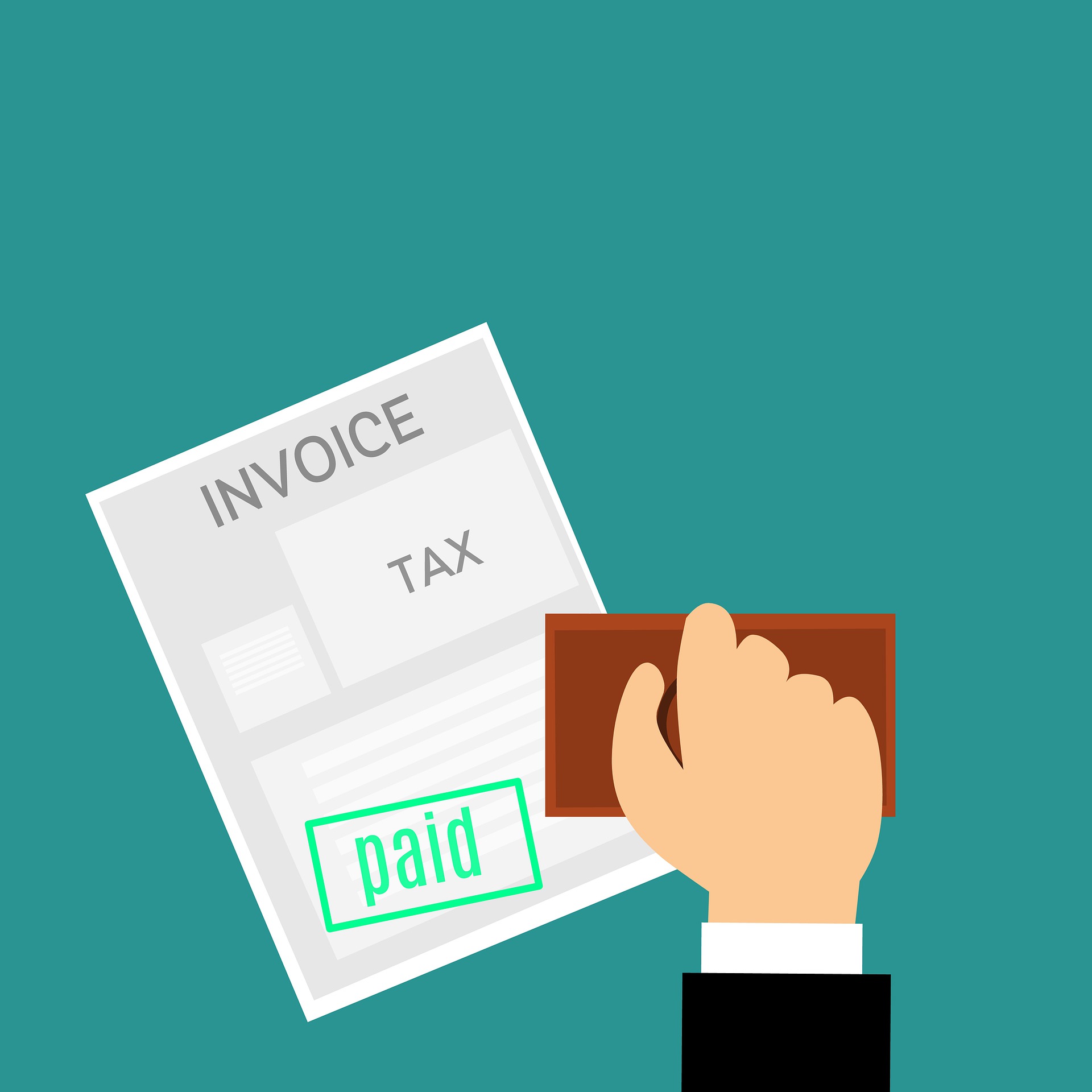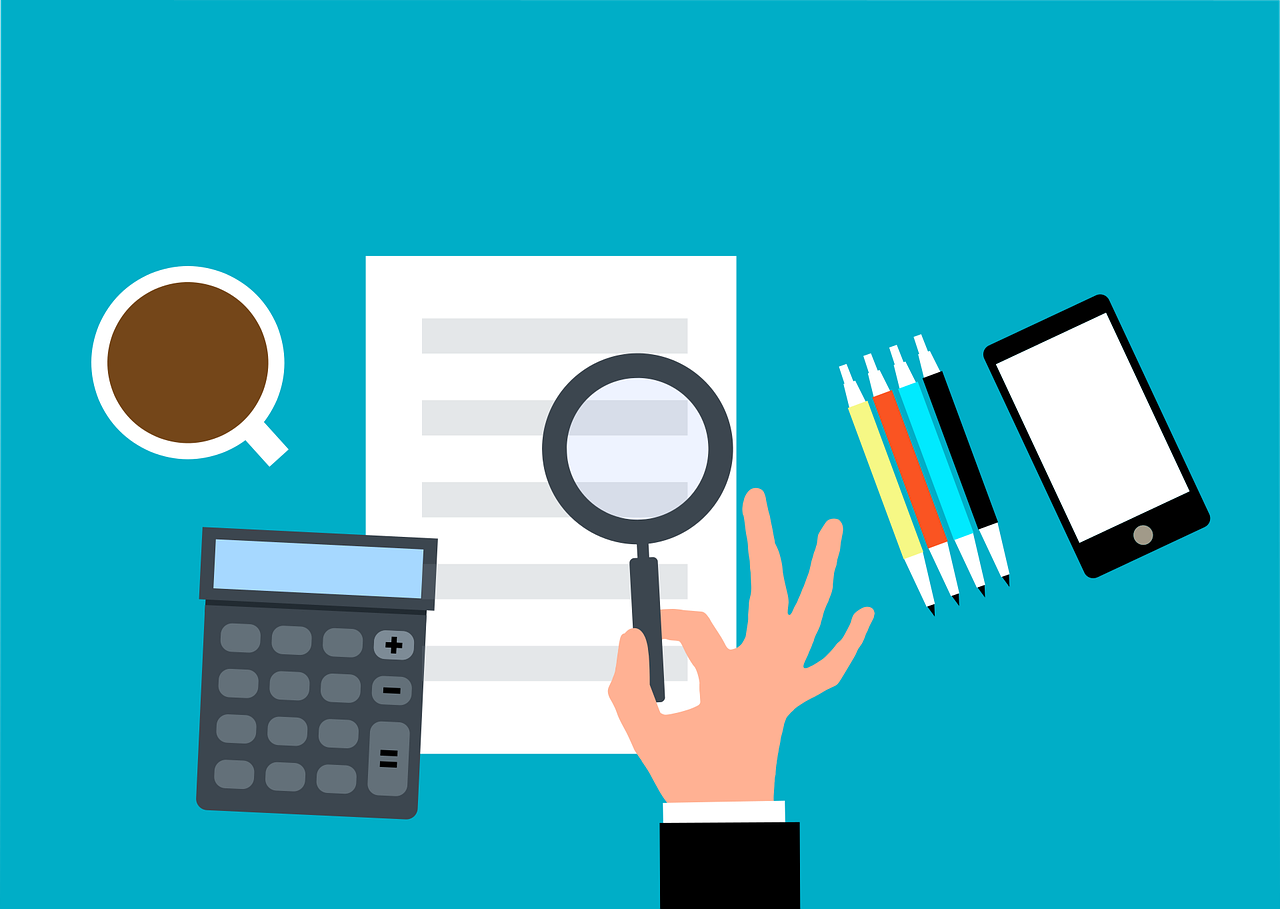Today is 30 June 2020, and the end of the financial year. A year that nobody could have predicted. While you gather your financial information to submit your 19/20 tax return, it’s a good opportunity to reflect on what you could do better this year. One thing Covid-19 has taught us is you never can tell what’s around the corner, so control what you can and plan for the future.
Here are our tips for 20/21:
Set up a budget (and stick to it)
You will be able to see exactly where your spending in specific categories can be reduced, and it can be as simple as making slight lifestyle changes. To help, there are some great apps you can download to do this, so you have your new ‘budget’ with you all day.
Pay off all your smaller debts first
Credit cards and short-term loans are very useful, and sometimes necessary. If you are savvy with your spending you can even make a credit card work for you, however if they are not managed properly, they also come with the highest penalties. Don’t get caught in the cycle of interest accruing on small debts, pay them off first and then you can focus on saving money to put towards one of your financial ambitions.
Set up a DD to a savings account
Over-spending, especially on cards can be a problem. However, it can also work in your favour is you never see the money in the first place. As soon as you are paid, set up a DD to take 5%, 10% or whatever you can afford, and place it in a high interest savings account. The key is to forget about it. If you can’t see it, you won’t spend it and over time you will be amazed at how much you can save.
Tax planning and learning about the financial system
The Government has put in place many Covid-19 stimulus packages to help support individuals and businesses during the pandemic. This has made people become a lot more aware of the financial system and what can be claimed. The tax you pay throughout the year depends on the amount you earn and any deductions or offsets you have can be claimed back in your tax return. Make sure you are aware of how to record this correctly, keep records and find out what is available to you. Speak to the Taxpro team to put a plan together to make sure you are not paying too much tax.
Manage your receipts better
The ATO can audit at any time. Even if the deductions do not amount to a lot in value, the individual has to provide all receipts. For example, this could be for workwear, fuel or computer equipment for working at home. We ask all clients to keep receipts for five years, however we know that receipts can get lost, shop receipts can fade over time and it can be a big administrative task if you are asked to provide evidence of deductions from years ago. We advise all our clients to use Receipt Bank, a system that automatically converts all your receipts into data making it easy for you to send your tax information straight to us.
Have a financial plan
It goes without saying that a plan really does help. Developing your own personal financial strategy, together with an industry expert, gives you specific targets to work towards over a defined period of time. This is a ‘subject to change’ plan. Because there are so many variables in finance it is wise to be flexible, but it will help bring clarity and direction to a busy and confusing sector and ultimately less stress for you!
For all tax enquiries and tax planning, please get in touch on 08 9240 7629 or email Chloe admin@taxproaustralia.com.au
For more advice on ways to plan for your financial future, arrange a consultation with our financial expert Andrew Dalton. Call him on 0407 209 759 or email andrew@miwealth.com.au






Leave A Comment